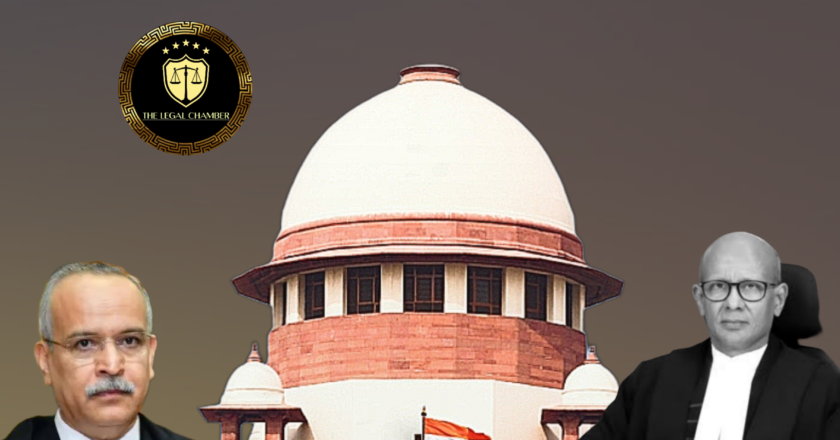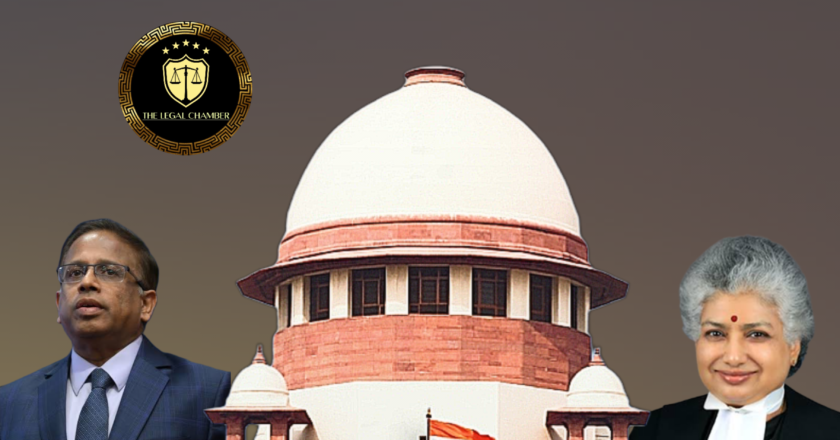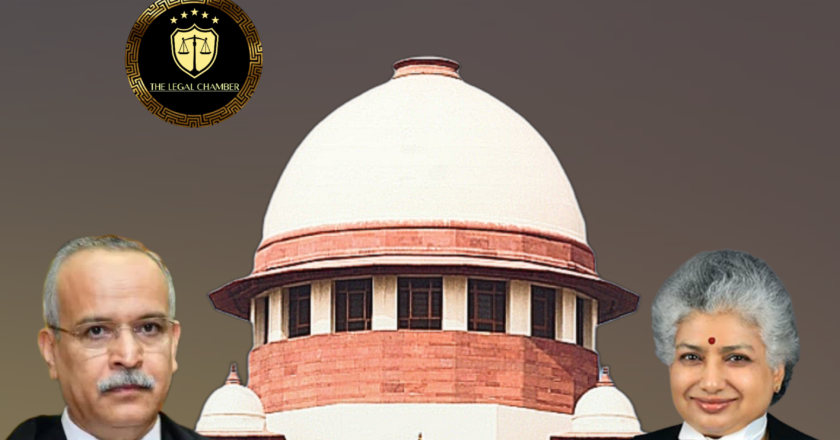Wake-Up Call for Courts: Supreme Court Says Long Delays Can Create New Rights in Property Disputes
The Supreme Court set aside the High Court's order condoning a delay of 5,250 days in filing a restoration application. It held that courts must be cognizant of third-party rights created during prolonged delays and that such condonation requires reasoned orders after hearing affected parties, who may be impleaded. The matter was remanded for fresh consideration.
Facts Of The Case:
The case originated from a suit for eviction filed by Mafatlal Mangilal Kothari and another (Respondent Nos. 1 and 2) against the defendants concerning a disputed property. The Trial Court dismissed the suit in 1988, prompting the plaintiffs to file a First Appeal. This appeal was admitted by the Bombay High Court in 1989 but was eventually listed in 2008, where the Court passed an order stating that if the co...





